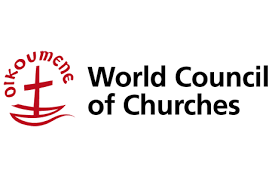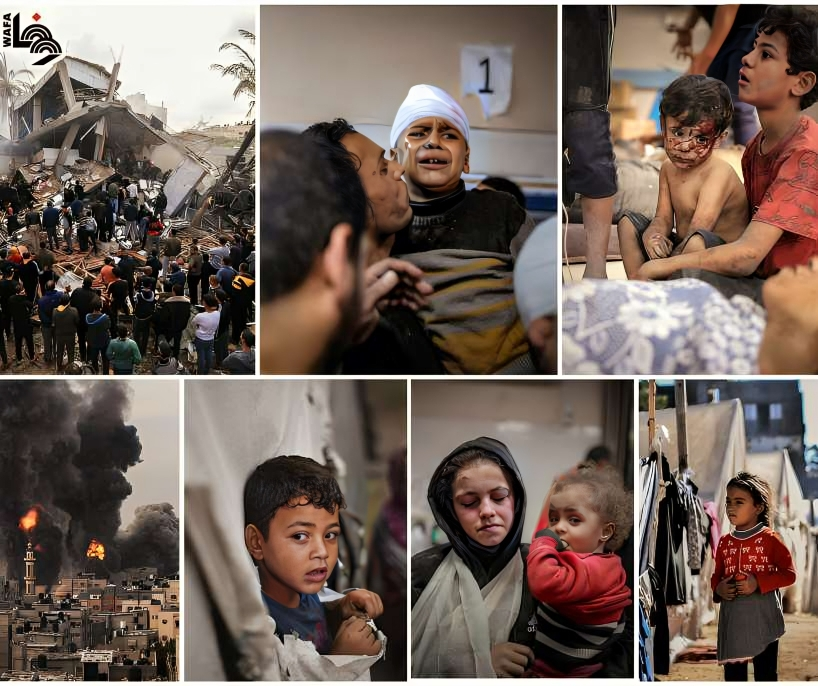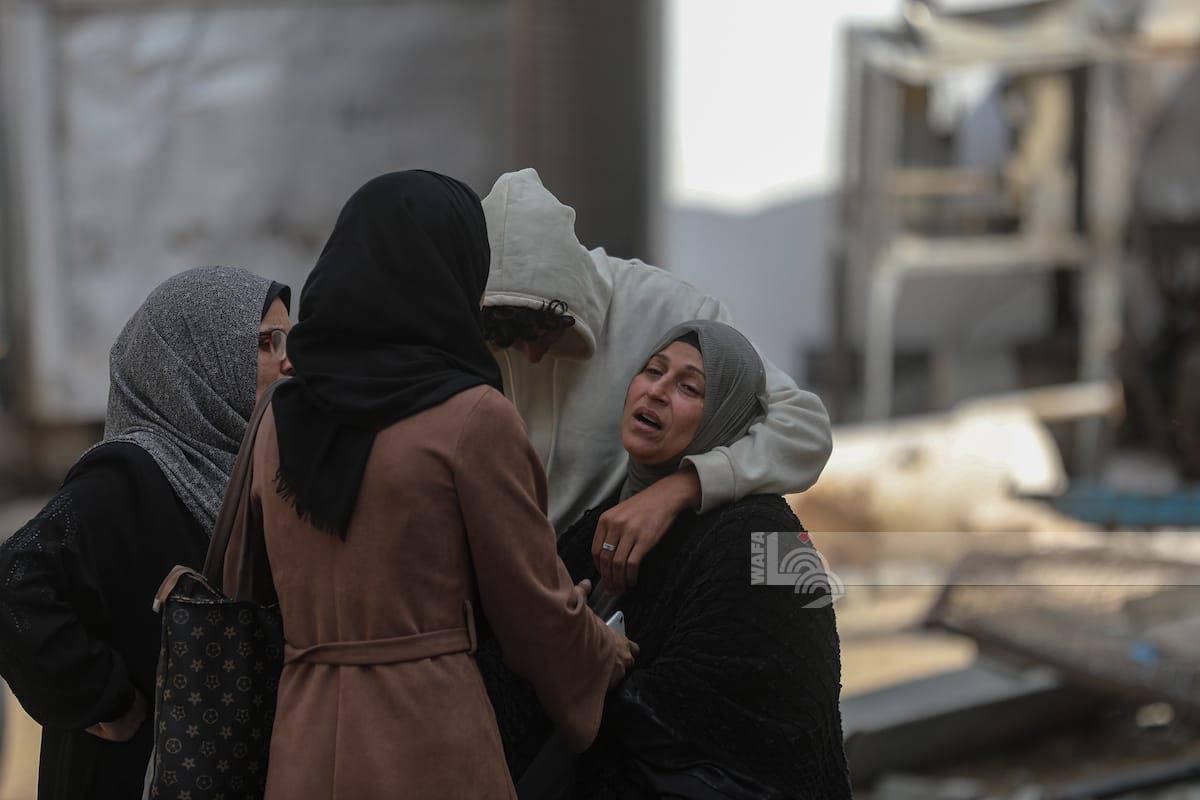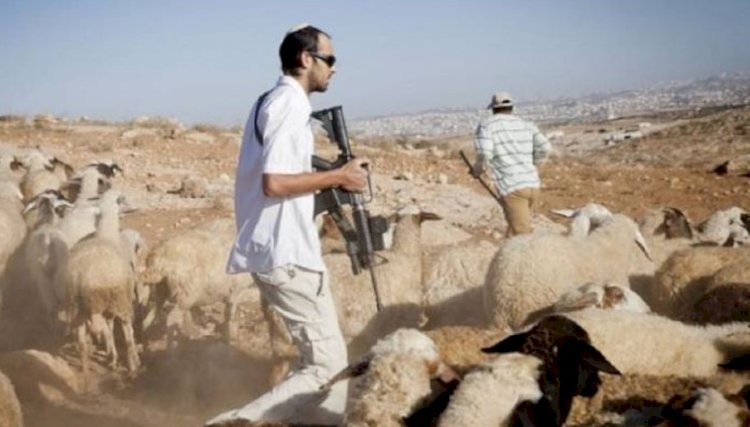JERUSALEM, Tuesday, May 16, 2023 (WAFA) - During the 75th commemoration of the Palestinian al-Nakba, or “catastrophe”—when hundreds of thousands of people were uprooted during Israel's creation in 1948—World Council of Churches (WCC) general secretary Rev. Jerry Pillay expressed solidarity with member churches in the Holy Land. Other religious leaders also shared a similar reflection.
“The ‘Nakba,’ the catastrophe Palestinian families experienced 75 years ago, continues to cause unresolved dispossession and suffering for many Palestinians—particularly for the people of Gaza,” said Pillay. “That unarmed civilians – including children – are shot at with live ammunition, even killed, and many injured – cannot be defended legally or morally as an expression of ‘the right to self-defense of a state.”
The WCC has consistently affirmed the long-held understanding that the status of the city of Jerusalem must be resolved through peaceful negotiations. “Jerusalem is a shared Holy City of three religions: Judaism, Christianity, and Islam,” said Pillay. “We urge the international community to accelerate all efforts toward a just and viable solution which respects the aspirations of all the people living in the Holy Land in line with international conventions and resolutions.”
Pillay also expressed solidarity with a statement from the Council of Patriarchs and Heads of the Churches in Jerusalem which reiterates the churches’ call to strive for a just and lasting peace for all people in the Holy Land.
“The statement urges everyone to work together to build a better and more humane future for all,” said Pillay, who also shared a prayer for Palestine and Israel.
On the same occasion, Patriarch Emeritus Michel Sabbah reflected that arms and war do not guarantee peace—but equality and justice do.
“In the past, Israel has tried to guarantee its security by looking across the seas to those who supply it with weapons,” said Sabbah. “However, Israel’s security depends on those that are near and in particular on the Palestinians. Peace must begin with them. Only peace with them will liberate this land, called to be holy, from bloodshed.”
Sabbah added: “Only justice and peace, equality and reconciliation can pave the way to the realization of the vocation of this land to be truly a holy land, a secure home in which both Palestinians and Israelis can celebrate life.”
Rev. Munther Isaac, moderator of the Global Kairos for Justice Coalition, spoke of the memory of what, in his eyes, is a painful disaster. “We don’t experience disaster; we live it,” he said. “We are still living in the reality of immigration; our rights are being violated.”
Isaac said there were a large number of Christian villages destroyed in Al-Nakba. “Today we need a conscious read of what happened in 1948.”
Without justice, he reflected, there is no peace. “We need to keep hoping for a new reality; a better future for our boys and girls; a future without exclusion or discrimination.”
The Arab Educational Institute also released a message describing Al-Nakba as a catastrophe and calamity. “The expulsion of the Palestinian people was a war crime, and the Nakba continues against our people, our land, and our homes to this day,” the message reads. “Our people are still demanding for the right of return to their homes and land in Palestine until this day.”
It also noted that resistance is continuing. “The Nakba continues, the resistance continues, and the hope of freedom is near, if we unite and stay steadfast,” reads the message. “Union is our strength.”
M.K.











